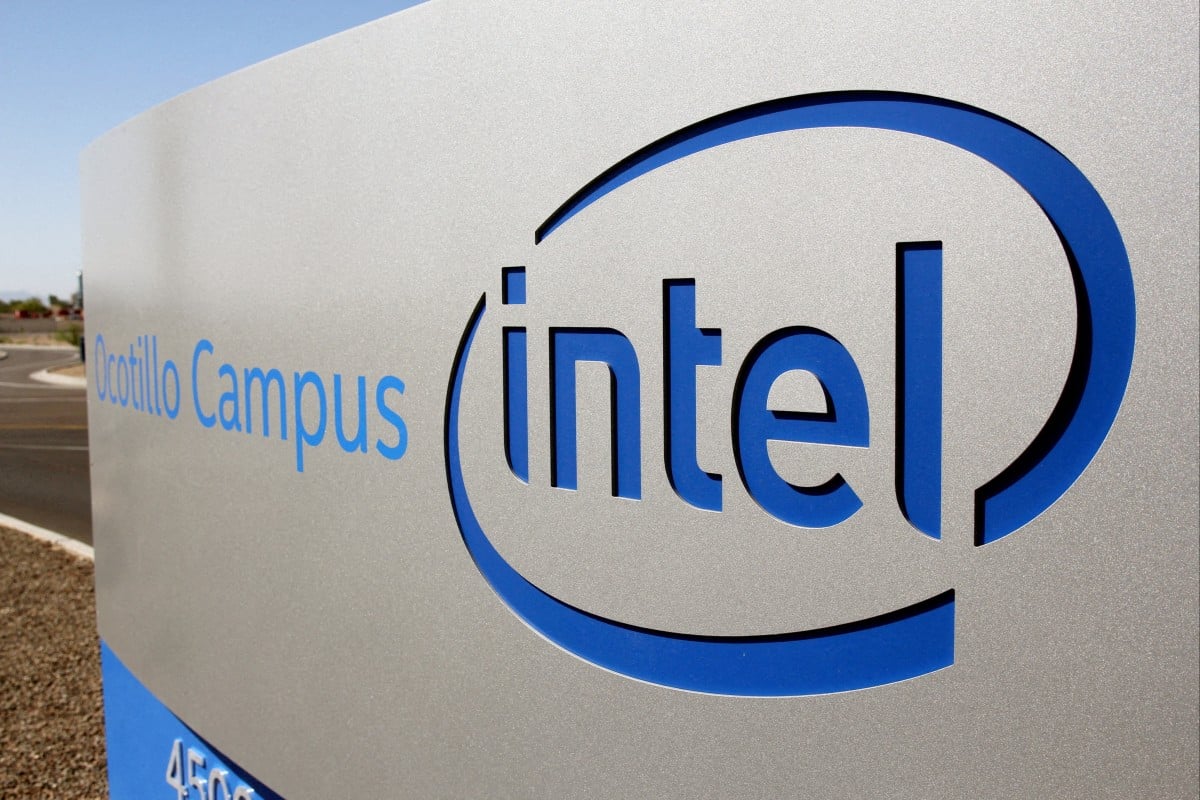
Intel unveiled the new Gaudi 3 artificial intelligence (AI) chip during its Vision event, promising to train large language models 50% faster than Nvidia’s previous-generation H100.
Simultaneously, Google announced an update to its AI chips for data centers, as well as unveiling the Axion, its new Arm-based central processor, intensifying competition in the AI semiconductor market.
Innovations from Intel and Google emerge as alternatives to the shortage of chips essential for the development of AI, seeking a share of the market dominated by Nvidia, which held around 83% of the chip segment for data centers in 2023.
Intel’s Gaudi 3, built using Taiwan Semiconductor Manufacturing Co’s 5-nanometer process, stands out for its ability to perform AI inference and connect to thousands of other chips, providing a significant increase in computing power.
On the other hand, Google presented the TPU v5p, a chip designed to operate in sets of 8,960 units, offering twice the performance of the previous generation, in addition to announcing the Axion processor, which promises to be 30% more efficient than consumer Arm chips. overall and 50% better than current x86 chips from Intel and AMD.
Axion will be made available through Google Cloud, aiming to facilitate the migration of existing workloads to the Arm platform without the need to restructure or rewrite applications.
Both companies highlight the importance of offering alternatives in the AI market, with Intel emphasizing customer demand for options and Google betting on an open and flexible approach to adopting new technologies.
With these launches, Intel and Google not only challenge Nvidia’s leadership, but also reinforce the trend of diversification and innovation in the semiconductor sector for AI applications.
With information from SCMP
Source: https://www.ocafezinho.com/2024/04/10/intel-e-google-avancam-no-mercado-de-chips-com-ia-para-destruirem-hegemonia-da-nvidia/

